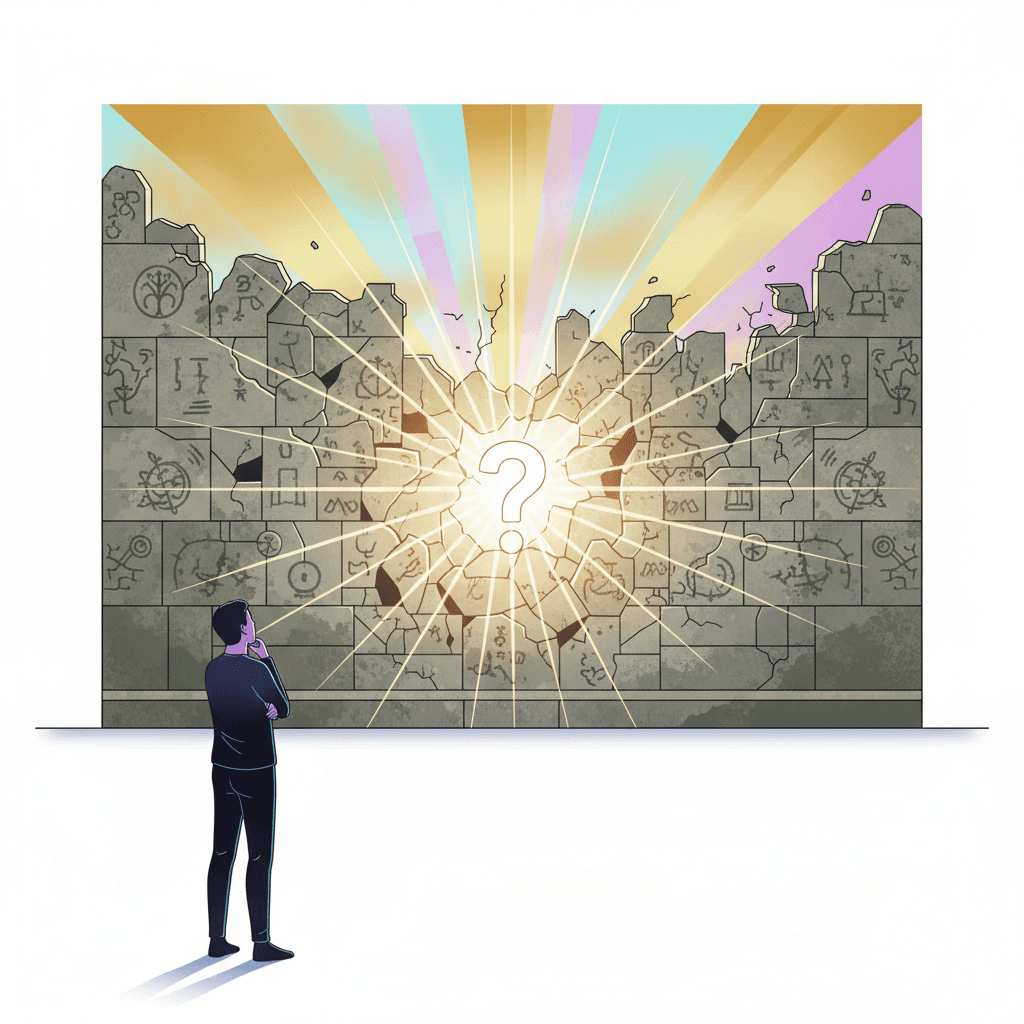Lu Xun
Lu Xun (born Zhou Shuren, 1881–1936) was a leading Chinese writer, essayist, and critic who significantly shaped modern Chinese literature. His short stories and essays, including "A Madman's Diary" and "The True Story of Ah Q," critiqued social tradition and influenced the May Fourth Movement.
Quotes by Lu Xun
Quotes: 8

Quiet Doubt, Bold Action: Lu Xun’s Challenge
In everyday terms, Lu Xun sketches a repeatable method. First you lower the volume: name the doubt, write it down, ask what it is protecting, and separate realistic concerns from imagined catastrophes. Then you raise the standard: choose one concrete action that proves your intent. For example, a student unsure about a career change might “speak softly” by gathering information—informational interviews, a trial course—rather than berating themselves for indecision. The “bold deed” might be applying for the program or stepping into a new internship, not because fear vanished, but because clarity finally outweighed hesitation. [...]
Created on: 12/15/2025

Revolution Begins With One Persistent Question
Once an individual begins to question, the effect can spread. One person’s “why” invites another’s “why not,” and soon a chain reaction of inquiry forms. This dynamic appears in movements ranging from the Enlightenment, where philosophers challenged monarchy and dogma, to civil rights campaigns in the 20th century, where activists questioned racial segregation’s supposed inevitability. What starts as private doubt can evolve into public dialogue, then into organized resistance. Thus, Lu Xun’s phrase suggests a progression: from solitary skepticism, to shared critique, to the structural changes we recognize as revolution. [...]
Created on: 12/5/2025

Honest Work Unsettles Habit, Reveals New Paths
Consequently, “new paths” appeared where language itself changed. By writing in vernacular Chinese (baihua) rather than classical prose, Lu Xun aligned with the May Fourth Movement (1919), making literature accessible to ordinary readers. Diary of a Madman, often cited as China’s first modern short story, helped legitimize this shift. The result was not just a literary trend but an infrastructure for thought—journals, classrooms, and public debate—through which citizens could question, argue, and imagine differently. [...]
Created on: 10/4/2025

Hope as Path: Roads Made by Walking
Historically, the image comes from Lu Xun’s story My Old Home (1921): “Hope cannot be said to exist, nor can it be said not to exist. It is just like roads across the earth; for actually there were no roads to begin with—only many people walking made them into roads.” Written amid the disillusionment of post-imperial China and the May Fourth ferment, the line resists both fatalism and naïveté. It argues that in bleak conditions, hope is not a mood but a method: persistent steps that carve a route where none seems available. [...]
Created on: 10/2/2025

Turning Honest Anger Into Better Futures
Looking back, Lu Xun harnessed that spark to craft a new language for social critique. Diary of a Madman (1918) uses the metaphor of cannibalism to expose feudal cruelty, while The True Story of Ah Q (1921) skewers self-delusion and submission. Aligned with the May Fourth and New Culture movements, he helped popularize vernacular prose, insisting that form must serve emancipation. His collection A Call to Arms (1922) models the progression he advocates: honest outrage at dehumanization, followed by literary invention to awaken readers. In this way, Lu Xun’s art does more than protest; it prototypes new consciousness, suggesting that the first invention after anger is a way of seeing that makes alternative futures imaginable. [...]
Created on: 10/1/2025

Quiet Choices That Redraw the Map of Life
Economists describe this phenomenon as path dependence: early moves constrain later possibilities. Paul David’s analysis of the QWERTY keyboard (1985) shows how small historical contingencies can lock in standards for generations. In a parallel key, Edward Lorenz’s work on chaos (1963) demonstrated how tiny differences in initial conditions produce vast divergences down the line. Together, they clarify why today’s quiet choice is not small at all; it is an initial condition. Building on that logic, we can see personal lives as systems where a minor adjustment today compounds into tomorrow’s radically different map. [...]
Created on: 9/4/2025

Turning the Familiar Strange, Finding Fresh Insight
Make the practice small and habitual. On your commute, list five things you have never noticed and write why your past attention skipped them. Recast an email as a haiku, then restore its prose while keeping the distilled intent. Ask at every task: what is assumed, who is missing, and what would a novice misread? [...]
Created on: 8/29/2025